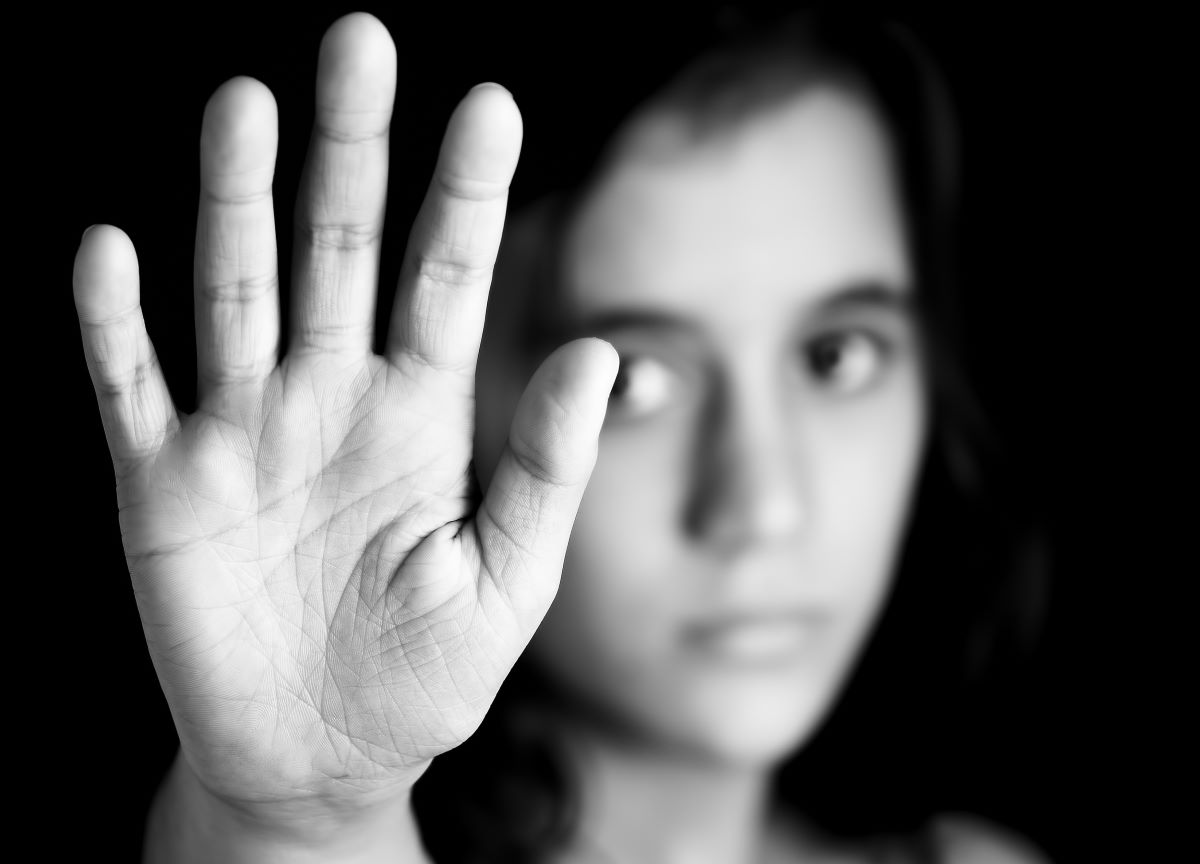16-day campaign against gender-based violence kicks off in Yerevan
Fighting gender-based violence in Armenia
This morning, Yerevan marked the start of a 16-day campaign aimed at combating gender-based violence, with various events planned throughout Armenia.
The opening event featured a discussion titled “Achievements, Needs, and Effective Partnerships to Combat Gender-Based Violence in Armenia.” Labour and Social Affairs Minister Narek Mkrtchyan participated, highlighting that gender-based violence not only infringes on fundamental human rights but also destabilizes families and society, leaving a damaging legacy for future generations.
The campaign, initiated in 1991 by the Centre for Women’s Global Leadership (CWGL) at Rutgers University in the United States, is known as the 16 Days of Activism Against Gender-Based Violence.
Vassilis Maragos, Head of the EU Delegation to Armenia, emphasized the global scale of the issue, noting that one in three people worldwide experiences violence. He stressed that violence is not a private matter but a societal challenge:
“A society cannot prosper or progress when more than half its population faces violence, discrimination, or inequality.”
In Armenia, around 10 women are killed each year by their husbands, former spouses, or partners. Alarmingly, only 12% of women who experience physical or sexual violence seek help, underscoring the persistent culture of silence surrounding the issue.
- Why have Armenian women started marrying foreigners more often? Stories of three families
- More cases of elder abuse in Armenia
- Sexual harassment in the workplace in Armenia
Challenging stereotypes
An extended session of the thematic group on gender issues was held as part of the Promoting Human Rights Protection and Strengthening National Institutions program. The initiative is led by the United Nations Development Program (UNDP), the United Nations Population Fund (UNFPA), and UNICEF, with co-financing from the European Union.
Labour and Social Affairs Minister Narek Mkrtchyan emphasized that combating gender-based violence requires a multifaceted approach, addressing not only legal and social dimensions but also cultural norms. He pointed out that the issue touches on societal mindsets and collective stereotypes, making it impossible to tackle in isolation.
The minister underscored the vital role of various organizations and individuals involved in violence prevention, highlighting the importance of raising public awareness:
“Ongoing education will enable citizens to recognize the grave consequences of violence, ensuring that society neither accepts nor tolerates them.”
Vassilis Maragos, Head of the EU Delegation to Armenia, agreed with this view:
“A sustained and united effort is essential to create an environment where domestic violence is entirely rejected, and gender inequality becomes a thing of the past. Achieving this requires both collaborative action and a strong legal framework.”
1,600 survivors of violence receive help
Since 2020, the government has been providing assistance to victims of domestic violence, including financial support, said Narek Mkrtchyan. He noted that there are plans to invest additional resources and enhance the quality of services offered:
“In 2022, 1,516 people accessed these services. In 2023, the figure rose to around 1,800, and so far this year, 1,600 individuals have sought help.”
The minister highlighted that these figures point to a change in societal attitudes toward the issue. Gradually, addressing domestic violence is becoming a norm, with more people coming forward to report cases. He also believes this reflects increased public trust in both the government and NGOs.
Rising violence cases spark concern
A study by Armenia’s Statistical Committee revealed that nearly one-third of surveyed women had experienced psychological violence, with an equal number reporting economic violence:
“One in seven women reported physical violence, while one in fifteen disclosed experiences of sexual violence.”
In 2023, police registered 1,338 cases of domestic violence, issuing emergency intervention orders in 619 instances.
The Women’s Support Centre hotline received 3,851 calls over the past year. The center provided assistance to 1,085 women and children affected by domestic violence, offering safe shelter to 265 women and their children.
Combating gender-based violence in Armenia




















